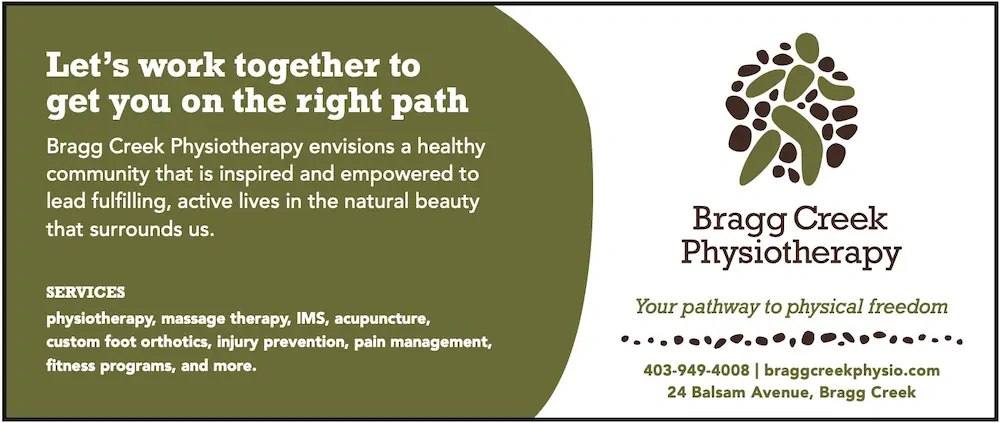COMPLEX PAIN MANAGEMENT: WHAT YOUR PHYSIO WANTS YOU TO KNOW
Hello, readers! As promised in last month’s edition, this article will touch on management of complex pain. If you need a refresher on what complex pain is, please take a peek back to the June edition!
We explored in the previous article that pain is person and context specific. Our pain is influenced by multiple inputs (biologically, psychologically, socially). Because we know this, we can also discuss that there must not be only one approach to manage complex pain. Oftentimes, we look to our healthcare professionals to tell us exactly what to do/ how to “fix it”. I propose that, because of the uniqueness of the pain experience, it is crucial that we shift the perspective and view you (the patient) as the leader of the healthcare team. It is our job to work with you to find strategies that work in your life (not the other way around).
The first area of management we will discuss are the psychological and emotional aspects. There are various resources that can be accessed – whether it is meeting with a psychologist, accessing psychological resources (see links below), or practicing self care. You’ve probably heard the saying: you can’t pour from an empty cup. Taking time to enjoy some of those cup filling things can help you manage your pain experience.
Learning about pain can also be a powerful tool for management. Some online resources that you might be interested to check out are “Live, Plan, Be”, “Pain Canada”, “My Pain, My Way”. Speaking to your physician about pharmaceutical options can also be a piece of your management plan!
The role of physiotherapy in complex pain management is diverse. We work as part of your team and can help empower you with education on different avenues of treatment. The first step in complex pain management is completing an assessment, which allows us to figure out what type of pain you are experiencing. Here are some aspects of physiotherapy management of complex pain:
- Getting on your side. We want to learn about your story and how your life is being affected by your experience.
- Supporting self management. Gone are the days of only heat packs and buzzy machines. We help build your competence and self efficacy (through active movement strategies and education) to support your longterm management.
- Individualized treatment. Creating an adaptive treatment plan based on your specific context of pain and personal experience.
- Hands on therapy. This may include soft tissue work, desensitization training, and/or dry needling techniques (to name a few).
- Using a graded approach to movement. Literature shows that using a graded approach to activity (in a complex pain context) can be more empowering that using a “no pain, no gain” or “let pain be your guide” approach. I will explore this below!
The first step is to choose a physical activity that you enjoy and is accessible for you at this time (i.e., walking, biking, gardening). Then, you will assess your tolerance (i.e., how long can you go before pain increases). Measure how long/ far you can go before your symptoms increase by 2/10 (you can measure headache, pain, fatigue … whatever is most meaningful to you). Next, work with your provider to determine an activity goal that is below your tolerance threshold (established in the previous step). Choosing a goal you know you will be able to achieve is important. Finally, complete the activity starting with the established goal, with slow but consistent increases. This approach is often a long road and requires consistency. But, oftentimes offers hope and a sense of control to people living with pain.
Complex pain requires individualized treatment strategies. Management can include multiple moving parts and a multidisciplinary healthcare team. The approaches explored above are for informational purposes only and are not intended to act as treatment advice. If you are interested in support with your pain management, our team is here for you!
Bre Maughan
(MScPT, BScKin)
Bragg Creek Physiotherapy
www.braggcreekphysio.com
























